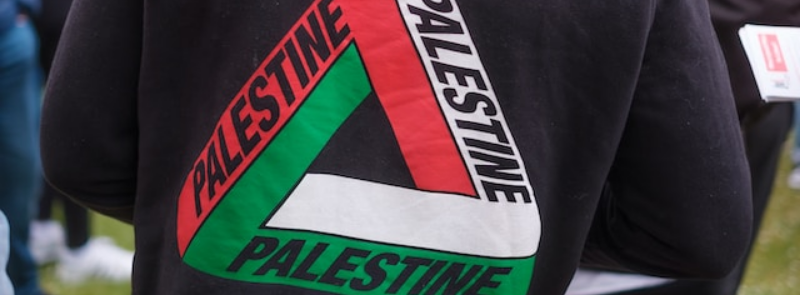
When It Occurs
Every November 29th
Official Website
Timeline
Days to Come (8)
# Hashtags
#InternationalDayOfSolidarityWithThePalestinianPeople #FreePalestine
The International Day of Solidarity with the Palestinian People is officially designated by the United Nations General Assembly on November 29th. This day has been observed since 1978.
The historical backdrop dates back to November 29, 1947, when the General Assembly adopted Resolution 181. This resolution sought to establish both an Arab State and a Jewish State.
History and Significance
-
Establishment: The International Day of Solidarity with the Palestinian People was established by the United Nations General Assembly in 1977 through Resolution 32/40 B. It was chosen to coincide with the anniversary of the adoption of UN General Assembly Resolution 181 (II) on November 29, 1947, which called for the partition of Palestine into Jewish and Arab states, leading to the establishment of the State of Israel.
-
Purpose: The day serves to raise awareness about the plight of the Palestinian people, their ongoing struggle for self-determination, independence, and sovereignty over their homeland.
Objectives
-
Advocacy for Peace: Advocate for a just and peaceful resolution to the Israeli-Palestinian conflict based on international law, relevant UN resolutions, and the principle of land for peace.
-
Solidarity and Support: Express international solidarity with the Palestinian people and support their right to achieve national independence and sovereignty.
-
Promote Dialogue: Encourage dialogue, negotiations, and diplomatic efforts aimed at achieving a two-state solution that ensures peace, security, and mutual recognition for both Israelis and Palestinians.
Observances and Activities
-
UN Events: The United Nations organizes events, seminars, and conferences on or around November 29th to discuss the Israeli-Palestinian conflict, peace initiatives, and humanitarian efforts in the region.
-
Civil Society Initiatives: Non-governmental organizations (NGOs), human rights groups, and advocacy organizations hold rallies, campaigns, and educational events to raise awareness about the situation in Palestine and advocate for Palestinian rights.
-
Diplomatic Efforts: Governments, international organizations, and diplomats use the occasion to renew calls for peace negotiations, cessation of hostilities, and respect for human rights in the region.
-
Cultural Expressions: Artists, musicians, filmmakers, and writers may contribute to raising awareness through cultural expressions that highlight the Palestinian narrative and promote understanding and empathy.
Global Impact and Challenges
-
Political Impasse: The Israeli-Palestinian conflict remains one of the most protracted and complex conflicts in modern history, with ongoing challenges to achieving a sustainable peace agreement.
-
Humanitarian Concerns: Humanitarian organizations continue to address the humanitarian crisis in Gaza and the West Bank, including issues related to access to healthcare, education, water, and sanitation.
-
International Diplomacy: The international community continues to play a critical role in supporting peace negotiations, providing humanitarian aid, and promoting respect for human rights and international law in the region.
Calls for Action
-
Two-State Solution: Renewed calls for negotiations aimed at achieving a two-state solution, with Israel and Palestine living side by side in peace and security within recognized borders.
-
Humanitarian Aid: Increased international support for humanitarian aid and development assistance to alleviate the suffering of Palestinian refugees and vulnerable populations.
-
Respect for International Law: Upholding international law, including UN resolutions and human rights conventions, in addressing the Israeli-Palestinian conflict and ensuring accountability for violations.
Conclusion
The International Day of Solidarity with the Palestinian People underscores the international community’s commitment to supporting the rights of the Palestinian people and finding a peaceful resolution to the Israeli-Palestinian conflict. It serves as a reminder of the ongoing challenges, humanitarian needs, and diplomatic efforts necessary to achieve a just and lasting peace in the Middle East.


